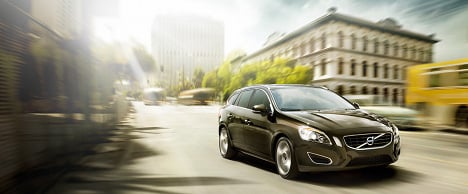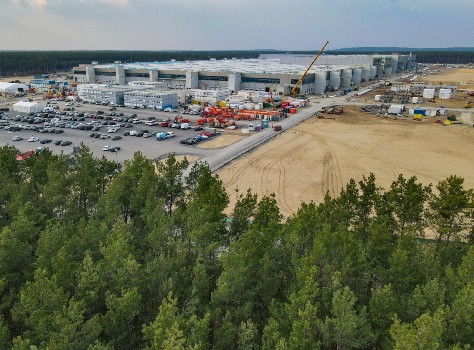Finding somewhere to live and buying a car are often the top two priorities for diplomatic and embassy staff when they begin their posting. As a maker of luxury cars, Volvo realized the potential of this high-end niche market nearly 60 years ago, and the long running Diplomat Sales scheme was launched.
Get great deals – then ship it back home
Under the scheme diplomats and other temporary foreign residents can take advantage of a great deal with exclusive benefits, and can even ship their car back home when their posting is over.
According to sales director Stephan Green, it’s not just the cars themselves that attract thousands of customers each year.
”We offer a highly specialised sales channel, serving a real VIP group. We have our own unit as well as specially trained and focused sales units, so this isn’t just another initiative run out of disparate dealerships. What our customers like and appreciate is the exclusivity we offer with this service.”
Not just for diplomats
Despite the name, the scheme is open to more than just diplomats – all tax-free personnel at embassies, consulates, EU, UN and other international organisations are eligible.
Although the entire range of Volvo cars is available on the scheme, the most popular models among diplomat staff last year were the top selling 60 range (S60, V60 and XC60) as well as the XC70 and XC90.
The longevity of the scheme is testament to its popularity. ”Experience over the years has taught us that we push the fact we are specialised in this dedicated channel. Not only do we have a special sales unit, but there are comprehensive internal training programmes which candidates need to pass before being able to sell the cars,” says Green.
”On the ground we have staff all over the world who are experts in their own local markets not just in terms of selling cars, but also with taxes and all the other information that helps our customers,” adds Green
Collect your car from the factory
Even the process of buying and collecting your new diplomat car can be an experience out of the ordinary. Volvo give you the opportunity to personally collect your tailor made vehicle from the factory in Gothenburg, and while there you can enjoy a guided tour of the museum, and even sample Swedish meatballs – all part of the service aimed at offering added extras.
Car enthusiasts know that Volvo is a stamp of quality, but sometimes it’s these small extras that make a big difference. If you buy a car via the Diplomat Sales scheme you can have it tailor-made to suit your own personal tastes and requirements. ”This is a very popular offer, and one which a large majority of our customers appreciate and take advantage of,” adds Green.
And because Volvo is an international enterprise you are still covered when you get home, by international warranties, programs such as Volvo Assistance Europe.
”Our customers like to feel they are being well looked after, that they are getting special service. They enjoy the feeling of knowing they are in good hands,” concludes Green.



 Please whitelist us to continue reading.
Please whitelist us to continue reading.
Member comments